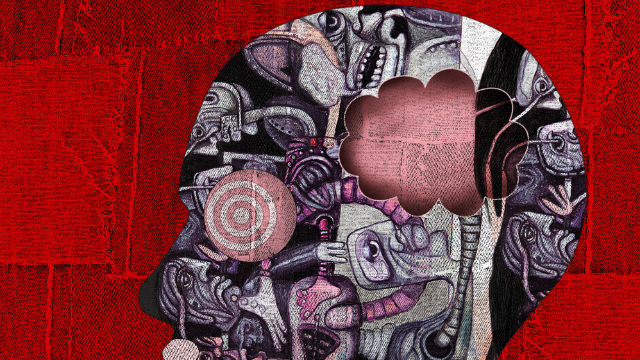Charity Apps that Prove Altruism Isn’t Dead in the Social Media Age

Do personal gadgets and social media accounts make us more self-centered? Is it possible to remove the “me” from social media?
These are questions weighed by writer Max Ogles, author of 9 Ways to Motivate Yourself Using Psychology and Technology. In this piece published on The Next Web, Ogles considers scientific evidence that sites like Facebook make users more narcissistic. Ogles opts not to lament the tech-inflicted death of selflessness by instead focusing on apps like Charity Miles and CharityBets that allow savvy altruists to be philanthropic on their smartphones.
Ogles is fascinated by behavioral psychology. In his Next Web piece, he makes sure to highlight a study that tracked the differences in attitude between paid and unpaid blood donors:
“The researchers concluded that giving people money actually negatively affected their experience. Because the free donors were motivated by altruism, not a reward, the experience was ruined when they received the reward.”
A self-described optimist, Ogles believes most people are motivated by a desire to do good, rather than simply to do well. He points to the above apps (I’d argue the popularity of Free Rice falls in line with this thinking as well) as evidence that gadgets and social media can be used for selfless purposes as well.
Read more at Next Web
Photo credit: Tashatuvango / Shutterstock





